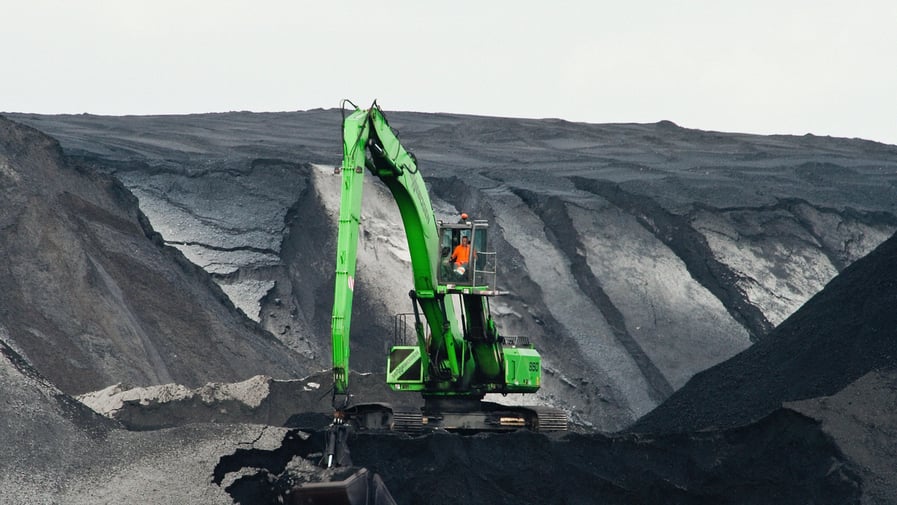This month’s Red Flag Bulletin includes the following stories:
- Shareholder and chair of Russian coal mining company arrested for violating industrial safety requirements following fatal methane blast;
- Former Albanian environment minister arrested on corruption charges relating to waste incinerator contract; and
- Prominent People’s Republic of China (PRC) casino junket executive arrested in Macau on suspicion of illegal cross-border gambling operations.
americas
US: Treasury announces plans to increase anti-money laundering regulation
On 6 December, the US Treasury’s enforcement unit (FinCEN) announced its plan to increase scrutiny of all-cash real estate transactions after revealing that an estimated USD 2.3 billion was laundered through real estate purchases between 2015 and 2020. Additionally, FinCEN proposed a rule under the Corporate Transparency Act requiring companies to disclose their beneficial ownership.
Peru: Congress votes against impeaching president Castillo following corruption allegations
On 7 December, the Peruvian congress rejected a request from opposition MPs to impeach president Pedro Castillo five months into his presidency. Opposition politicians had sought to impeach Castillo following multiple allegations of corruption against the president’s close allies – resulting in Castillo’s greatest political crisis since taking office in July 2021. This marks the fifth time in five years that Peru’s opposition has tried to oust a serving president, resulting in ongoing political instability in the country.
Asia pacific
PRC: Prominent casino junket executive arrested in Macau
On 29 November, Alvin Chau, the chair of junket operator Suncity Group, was arrested in Macau on suspicion of operating a cross-border gambling syndicate. The junket system – which attracts high-rolling gamblers to casinos with free travel, accommodation, or credit – has become the Chinese government’s latest target as it cracks down on gambling, which is legal in Macau but illegal in mainland China. Junkets have played an integral role in bringing gamblers and revenue from mainland China to Macau’s casinos, and Beijing’s latest crackdown on gambling is raising further questions about the future prospects of Macau’s casinos, which have been making huge losses since the beginning of the Covid-19 pandemic.
Indonesia: Former deputy speaker indicted on corruption charges
On 6 December, Indonesian anti-corruption prosecutors indicted Azis Syamsuddin, the former deputy speaker of Indonesia’s House of Representatives, for bribing a prosecution lawyer and an anti-corruption investigator. Syamsuddin allegedly paid bribes totalling USD 250,000 in several instalments between August 2020 and March 2021 to avoid being named in a corruption investigation. The prosecution lawyer and KPK investigator have been sentenced to 10 years and 12 years in prison, respectively.
Cambodia: US imposes arms and trade restrictions on Cambodia
On 8 December, the US Departments of State and Commerce introduced an arms embargo and new export restrictions on Cambodia in response to reported human rights abuses and corruption by Cambodian government actors, including the country’s military. The announcement also cited the PRC’s growing military presence in Cambodia as an additional reason for the new restrictions. Cambodian prime minister Hun Sen responded to the restrictions by ordering the country’s armed forces to retire or destroy US-made weapons and equipment.
europe
UK: HSBC fined for anti-money laundering failures
On 14 December, the UK’s Financial Conduct Authority fined HSBC Bank GBP 63.9 million for failures in its automated anti-money laundering controls. The FCA found that, between 2010 and 2018, HSBC had failed to test and update the systems used to highlight potentially suspicious transactions and to identify indicators of money laundering and terrorist financing despite the weaknesses having been brought to the bank’s attention on several occasions.
Albania: Former environment minister arrested on corruption charges
On 14 December, Lefter Koka, Albania’s minister of environment from 2013 to 2017, was arrested by the Special Prosecution against Corruption and Organised Crime (SPAK) on charges of corruption, abuse of office, and laundering the proceeds of criminal activity. Koka is accused of receiving a bribe of EUR 3.7 million from a company to which he granted a contract to build a waste incinerator in Elbasan, a city in central Albania. He has also been criticised for awarding two further controversial contracts for the construction of waste incinerators in Fier and Tirana, a city in the south east and the capital of Albania, respectively. Koka will reportedly face up to 12 years imprisonment if convicted.
russia and cis
Belarus: EU imposes further sanctions against Belarus over migrant crisis and human rights abuses
On 2 December, the EU imposed further sanctions against Belarus in response to the migrant crisis on the Poland-Belarus border. The new sanctions target companies that have facilitated the illegal crossings of migrants into the EU – including Belavia Airlines, the national airline of Belarus, and several high-ranking state officials. According to the EU, the migrant crisis has been orchestrated by the government of Belarusian president Alexander Lukashenko in retaliation for the Western sanctions imposed against Belarus following the 2020 presidential elections.
Russia: Shareholder and chair of coal mining company arrested in connection with fatal methane blast
On 15 December, Mikhail Fedyaev, the largest shareholder and chair of Russian coal mining company SDS Ugol, was arrested in connection with a methane blast at the company’s Listvyazhnaya coal mine, in Siberia’s Kemerovo region. The explosion on 25 November had killed 51 people. Fedyaev, SDS Ugol’s CEO, and two technical specialists at the coal mine have been arrested and charged for violating industrial safety requirements, resulting in death by negligence, and for abuse of authority. The explosion followed numerous inspections of the mine by the Russian authorities in the year leading up to the accident, which uncovered 900 violations and resulted in the mine’s activities being suspended on nine occasions. Russian president Vladimir Putin criticised the mine’s management for “systematically” concealing excess methane levels.





